Running into writer or producers block can really stop a great piece of music in its tracks. We've all been there. Cant find the right drums for a record, having trouble with sound design, or just finding yourself halfway through a song with nowhere to go. We wanted to compile a list of tools you can use in your day to day production that might help you improve your work flow and get out of that writers block.
Organization
Organization can make or break your workflow. Having your computer, hard drive, and creative space organized is always a step in the right direction.
Using A “Favorites” Folder
Most DAW's have an existing feature where you can assign your frequently used plugins into a folder for easy access. FL Studio, Ableton Live, Logic Pro, and Pro Tools all have their own methods, but they perform in a similar way. If you take some time to create a favorites folder all your most used plugins will be one click away. No more searching through menus or scrolling through lists.
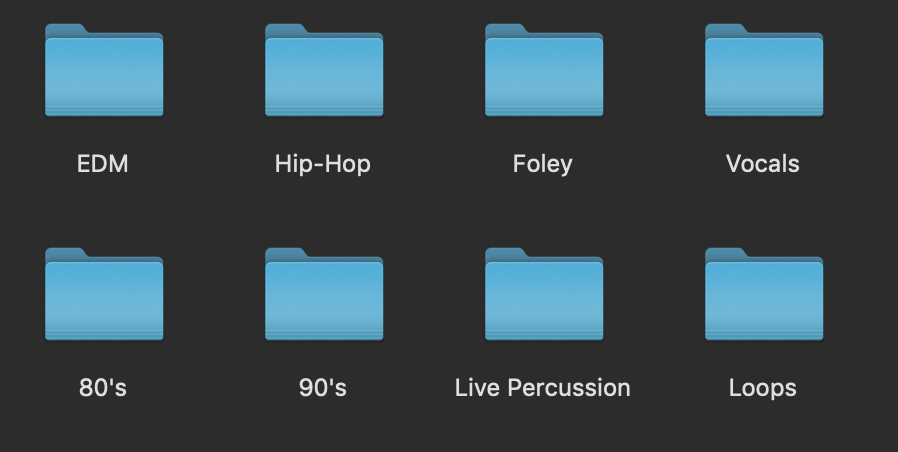
Organize Your Samples
Having a well labeled, well organized sample library makes a night and day difference in your production. Having samples organized by genre (Hip-Hop, Rock, Electronic), by sample type (Percussion, Melodies, One Shots, and Loops), and even having them dated can help you easily find the right sample for every track.
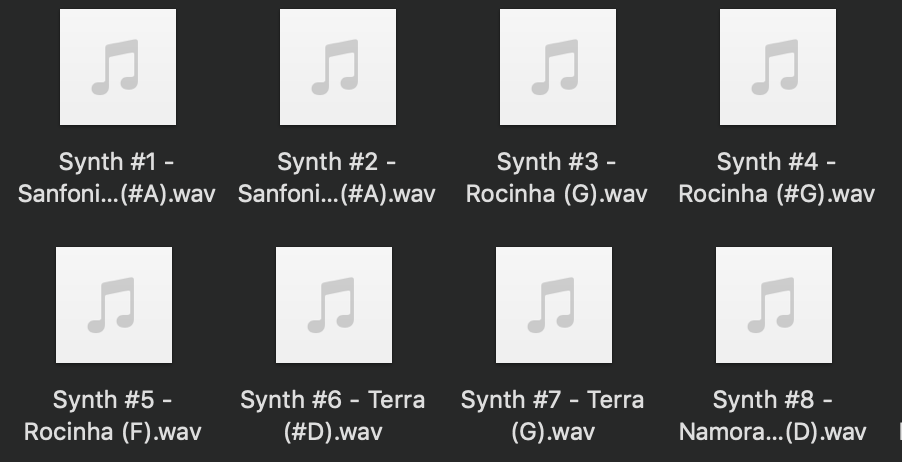
Labeling Your Project Files & Presets
Struggling to find and old session, Accidentally saving over a project file, overcrowding your desktop? Having a simple but effective system to save your projects is a great way to organize not only your library of projects but clear up space on your computer. It's helpful to save project files with a distinct name, date, and numbering system. Doing this can help you keep track of your project sessions and find older projects later on. If you're a sound design heavy producer or just like certain pre-loaded sounds in synthesizers, save them when you can! It'll be easier to find them later and you never know when you might need them.
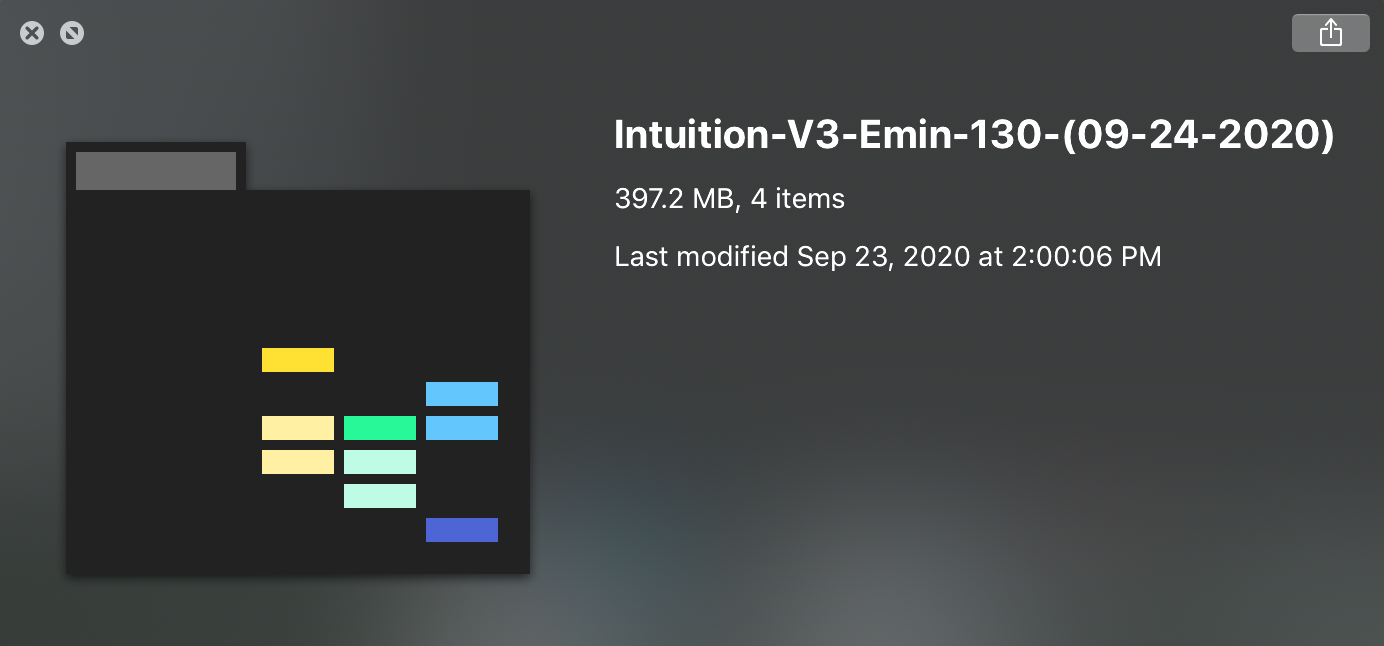
Mix As You Go
You may have heard the term “mix as you go” before. This term refers to the small steps you can take to help yourself get the best mix you can while working on a song instead of waiting until further down the line to start mixing. These techniques can help you reach a better mix without sacrificing creative flow.
Starting Out On The Right Foot
Most DAW's start off with each track at 0db or “Unity Gain”. Setting your default tracks to -10db or -12db can dramatically increase the amount of room you have before you're audio peaks or clips. Instead of turning up the volume in your session, use your computers volume , or your monitors volume to listen to a mix at a louder level. Just be careful not to harm your ears.
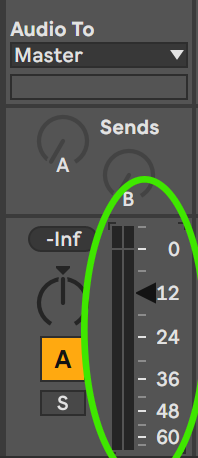
Gain Staging
Gain staging can help even out the volume of each track in your song. Most plugins have a volume or gain knob. You can use this to adjust the volume or gain of a certain track while making creative choices. If you're adding saturation, or adjusting amplitude you may have to turn the gain down, if you're eqing or compressing you may have to turn the gain up. This will help keep your sounds form clipping into the red and help with the overall mix of your song. You can also use utilities, Eq's, and other plugins with a gain knob to adjust the volume of a track instead of using your volume faders. This is a great way to have more control over your session and more head room to mix.
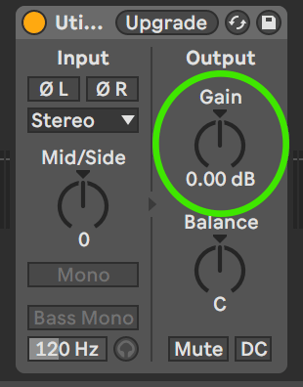
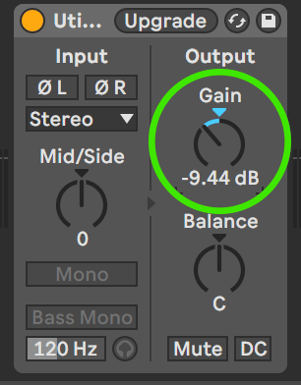
Make Big Moves
It may seem overwhelming to mix while you're creating a song. Wanting to get the perfect sound and maybe not knowing how to get there. Start with making big moves and then get surgical. You can get to know your plugins, synthesizers, and audio effects and what they can do. Turning knobs, moving faders, and adjusting each parameter as far as they can go and then narrowing it down to that perfect sound. Make sure to save your project before making any big changes. Especially if you're in a good flow. You can always go back and adjust from there.
Know Your Gear
Key Commands
Each DAW comes with it's own set of key commands. These can be anything from copy/paste to inserting a new track or even quickly saving your project. Memorizing key commands is one of the easiest ways to drastically speed up your work flow. You'll spend less time scrolling through menus and more time in your creativity.
Read The Manual
Most DAW's have a user manual either built into the software or on their respective websites. READ THEM! Spend some time learning the in's and outs of the software you have. You may even try demoing certain DAW's or plugins to get a feel of what works for you. It'll take some time but reading the user manual a few times over will make you a master at finding your way around a DAW and troubling shooting your software in the future.
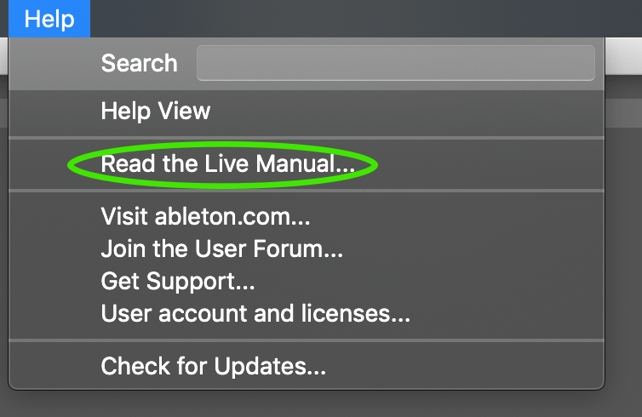
Experiment
One of my favorite things about audio hardware / software is that you can pretty much push the boundaries of any plugin or DAW without breaking anything. Spend some time messing around and asking yourself “What does this button do?”.
Knowing the rules and basic principles of audio mixing / production is a important but once you've figured out how a piece of music gear works (more than often how it doesn't) you'll have a better understanding of how you can use it in your music. So just push buttons, turn knobs, and have fun with it. Just don't blow your speakers.
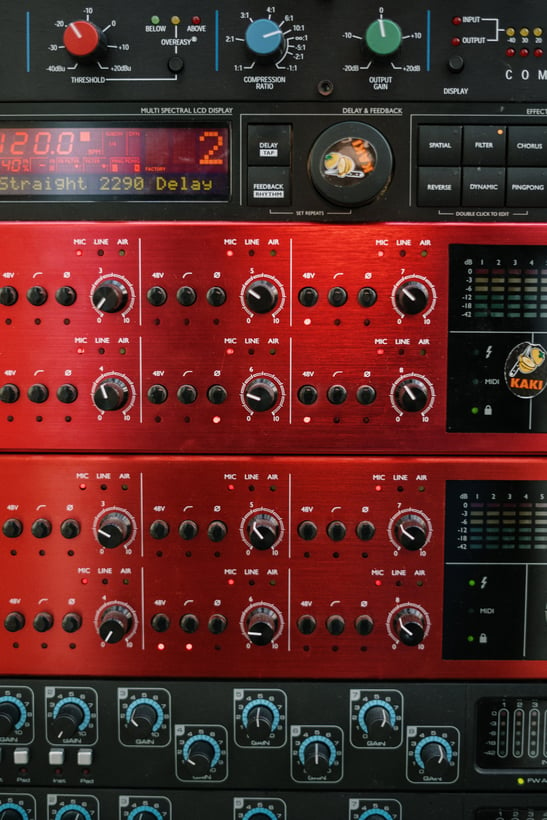
Music Theory
Everyone has different views on music theory. It can be a divisive topic when it comes to music production, but no matter where you are in your knowledge of music theory you can still make incredible music. Some producers might be more technical. Understanding audio engineering and mixing technique rather than scales and chord progressions. Others might be classically trained musicians wanting to learn how to record their creative ideas. Whether learning your basics, or have a more advanced understanding, brushing up on your music theory can always help you become a more creative producer. Here are some general concepts to know if you want to improve your music theory knowledge.
Have a keyboard or piano
Having a midi keyboard or piano handy is a great tool to use when writing music. Either baselines, melodies or chords. It can also be used as a tool in learning music theory.
Major and Minor Scales
All scales are broken down into patterns using whole steps and half steps. These change depending on what scale you're playing or writing in. Each scale has it's own root note. For example the root note of the c major scale is c. The notes then follow a specific pattern up or down the keyboard depending on what scale you're playing them in. There are 7 steps (or 7 notes) in each scale before you reach the octave and you're back at c (or whatever root note is in that scale). Practicing the major and minor scales will help you understand the basics of music theory and how those specific scales sound in music. Listen to how these scales sound. The Major is often associated with sounding triumphant or happy while the minor scale is more somber or sad.
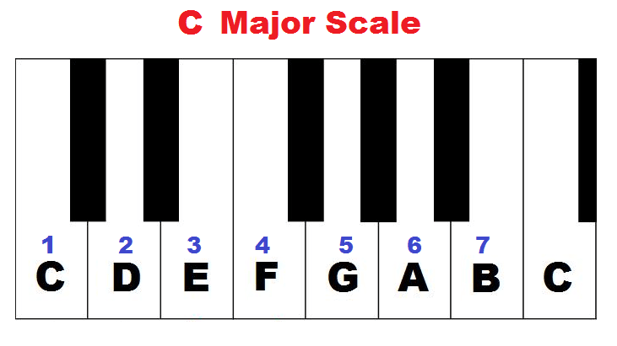
Chords
Once you're more familiar with the major and minor scales you can then build a chord progression by combining certain notes in each scale. A chord is consisted of 3 or more notes played at once to make a specific tone. A major chord is consisted of the Root note, the Major 3rd and the perfect 5th. You can hear the happier tone of the chord when you play it. Now a minor chord is very similar but you move the major third note a half step down to a minor 3rd and the chord now becomes darker and more somber. Practice making chords and playing them in different orders. Even looking at the chord progressions of some of your favorite songs while studying them. This will give you a better idea of what chords work well with each other and in what key.
Keep It Simple
No matter where you are on your music journey complicated chord progressions or insane melodies don't always lead to a better sounding song. Some of the greatest songs of all time have very simple melodies and chord progressions. Finding a melody that sticks with you or a chord progression that evokes a certain emotion can be as simple as a few notes or a few chords. Keeping it simple but effective is a great motto when writing a song.
Avoid Fatigue
Spending hours and hours working on a song can take its toll. Even if you're making significant progress. Avoiding a burnout can help save your creative energy and protect your ears from long term damage.
Give Your Ears A Rest
Music takes time. Spending a good portion of your day working on a song can put a strain on your ears. Mentally and physically. Taking a break, a walk, or just getting a good nights sleep so you can rest your ears. Coming back either the next day or in a few hours can really lend a different perspective on song and you may find it easier to progress. Finding other creative outlets that give your ears a break can help you keep your creative mindset while not working on music (painting, writing, photography, etc.)
Know The Acoustics Your Creative Space
The acoustics of a production space are a key component of having a better sounding piece of music especially if you're working on studio monitors or speakers. Knowing how music sounds in your studio space will train your ears to more carefully analyze music. Listen to all genres, especially if it's a genre you love. Try and listen for the quality of drums, bass, high end frequencies and overall quality of a mix. This can help you make more informed decisions while producing a song and will help you quality control the sound of your music.
Don't Be Distracted
Every person works better in a different environment. Some may like the atmosphere of coffee shops, others might work well completely alone. It's not only important to know your workspace, but yourself. Find out what distracts you while you're working on music, and what helps you focus. Lighting a candle, some incense, dimming the lights or maybe even meditating before going into a creative session can all help with your focus and get rid of any mental distractions you might have. Setting your phone down, turning the tv off, and having a clean studio space can clear up any physical distractions that could interrupt your creative flow.
Try To Work Earlier In The Day
If you're working a full time or even a part time job, finding time to work early in the day can be a challenge. Working in the restaurant business, or bartending means late nights. A lot of full time employees start their day earlier than most, but finding your time to work on music is important. Working earlier in the day when you're ears, and brain are fresh can drastically improve your workflow. Even finding an hour or two before work to just be creative with music will help you grow as a producer.
Conclusion
There's a lot to unpack when you talk about effective ways to become a great producer. Some of it can be overwhelming and confusing. That's ok! Most of us got into the field of production because of our curiosity and passion for music and it always takes time to be great at something you love. Don't forget to be curious and experiment. Don't compare yourself to others. You're music journey is your own. Set realistic long term and short term goals for yourself, and never stop making music.









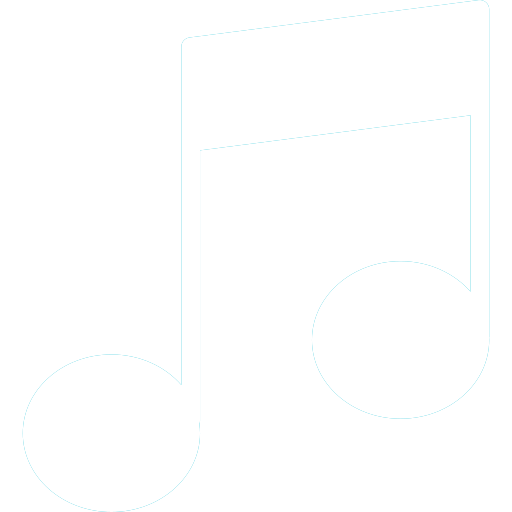

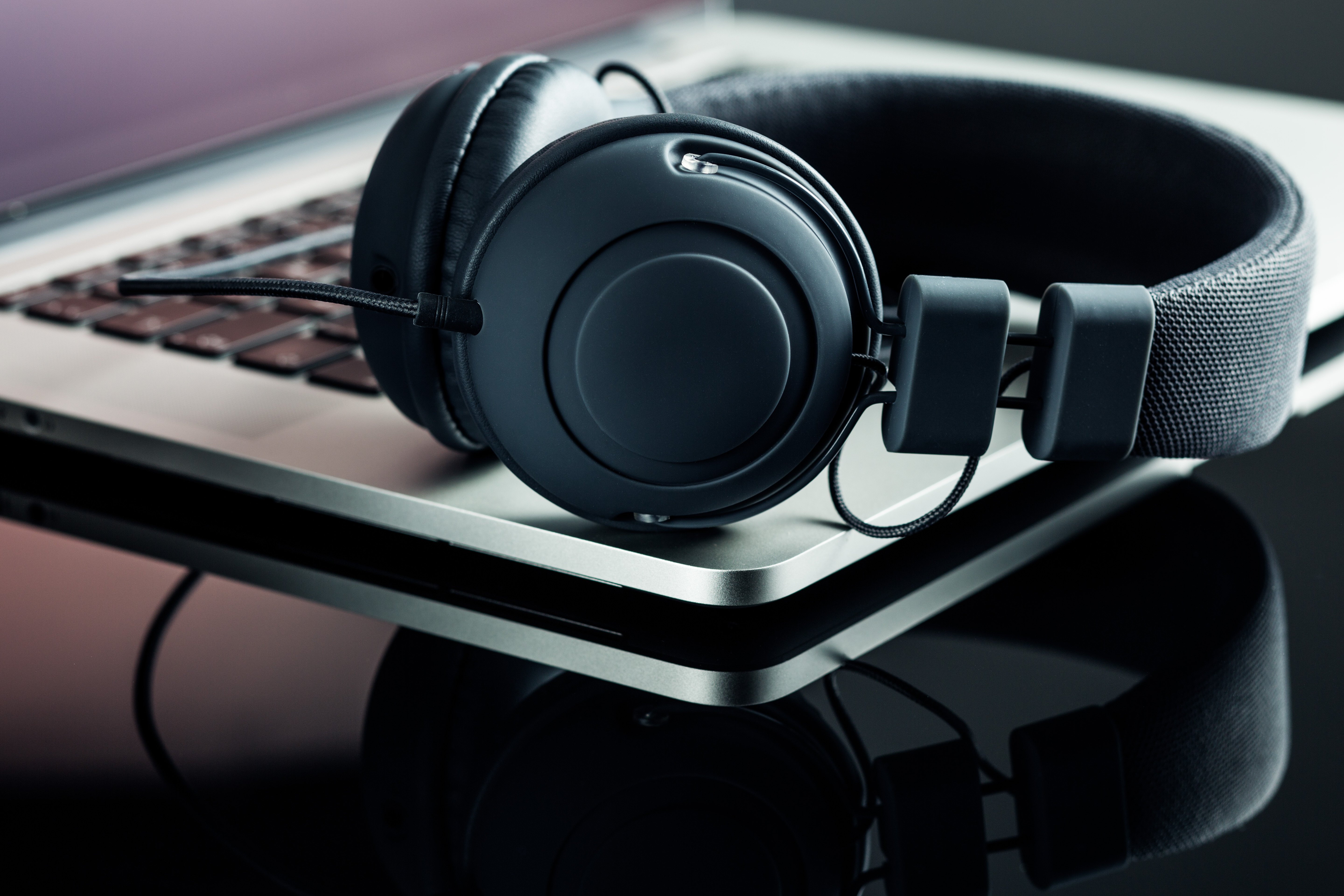
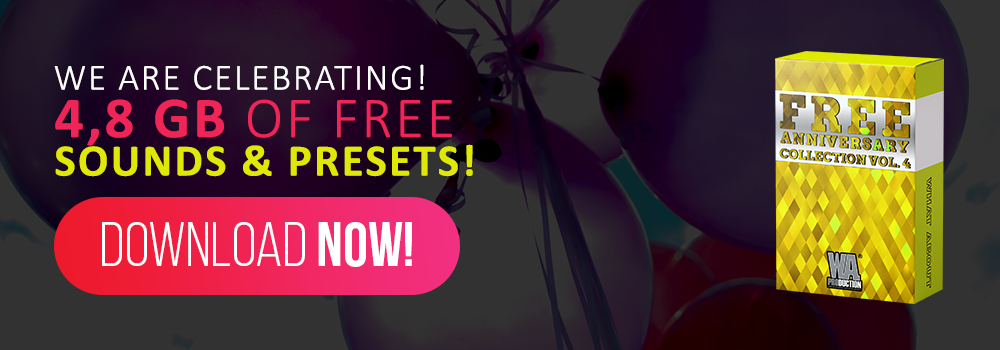
_Cropped.png?width=1600&name=02%20(2)_Cropped.png)




















Your Comments :